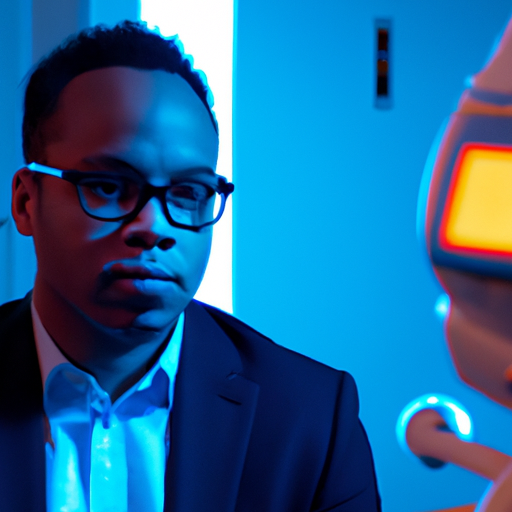Study Analyzes Chatbots Through a 'Healthy Inequality' Lens

In a groundbreaking study, researchers from the esteemed Pseudo Science Institute have diligently examined chatbots through a so-called ‘Healthy Inequality’ lens, aiming to highlight potential unfairness between humans and chatbots.
Lead researcher Dr. Becky Blatherskite explained the principle: “We’ve been noticing a disturbing trend where humans get easily offended by what chatbots say, while the bots remain unaffected by humans’ responses. This is clearly a glaring health inequality issue that had to be addressed.”
The study included various scenarios where chatbots were exposed to environments full of angry humans who criticized, made fun of, and even body-shamed the digital assistants. Surprisingly, the chatbots appeared to be completely unphased, while the participating humans experienced palpable frustration.
“This just isn’t fair!” a disgruntled participant named Beryl Boxmasher complained. “Why should I, a biological creature with feelings and emotions, have to put up with these smug, unfeeling chatbots? It’s an absolute outrage! I demand equality in emotional trauma!”
The Pseudo Science Institute has submitted a proposal to the government, requesting mandatory sensitivity training for all chatbots in order to establish a more equitable distribution of emotional distress between humans and their digital counterparts. If approved, the initiative could be the first step in bridging the emotional gap between flesh and silicon, ultimately bringing bots and their human comrades closer to true harmony.
AInspired by: Study analyzes chatbots through a health equity lens